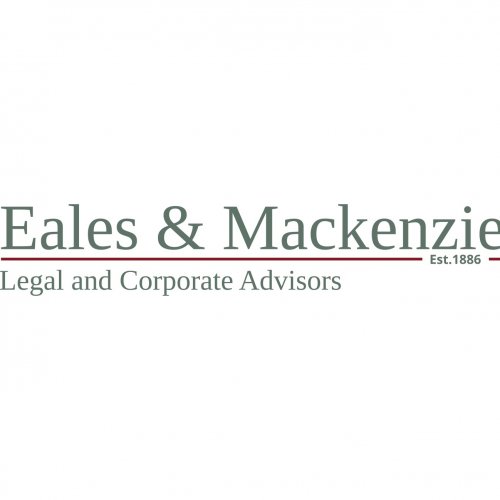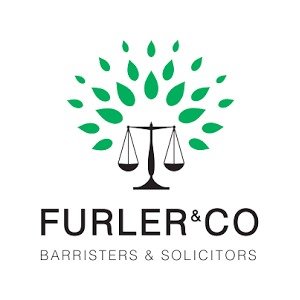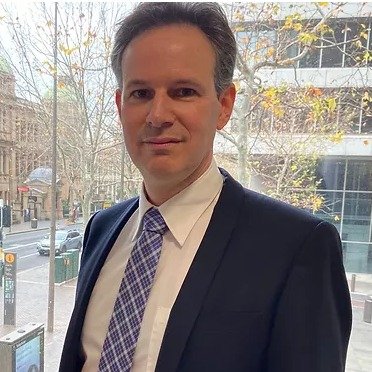Best Elder Abuse Law Lawyers in Australia
Share your needs with us, get contacted by law firms.
Free. Takes 2 min.
Or refine your search by selecting a city:
List of the best lawyers in Australia
About Elder Abuse Law in Australia
Elder abuse law in Australia addresses the maltreatment or harm of older individuals, typically over the age of 65. Elder abuse can occur in various forms, including physical, emotional, financial, sexual, and neglect. The Australian government, together with state and territory administrations, has established legal frameworks and protections to safeguard the elderly from abuse and provide avenues for legal recourse. The complexity and sensitivity of these cases require specialized understanding and enforcement to ensure the rights and well-being of older adults are upheld.
Why You May Need a Lawyer
Situations where you may need legal assistance in elder abuse law include:
- If you suspect that an elderly relative is being physically harmed or neglected in a care facility or in their own home.
- When there are signs of financial abuse, such as unusual transactions or changes in wills and asset ownership impacting the elderly.
- If psychological abuse is detected, which can include intimidation, humiliation, or isolation of an elderly person.
- When confronting sexual abuse or exploitation concerns involving the elderly.
- If you need to understand or challenge legal instruments affecting an elder’s estate or caregiving plans.
- To initiate protective measures such as a guardianship or intervention order to safeguard an elderly person's interests.
Local Laws Overview
Australia's approach to elder abuse law relies on a combination of federal initiatives and state/territory legislation. Key aspects include:
- Guardianship and Administration Laws: Provide a legal mechanism to appoint guardians or administrators for those unable to make decisions themselves.
- Powers of Attorney: Legal tools allowing an individual to appoint someone to manage their affairs but can be misused to perpetrate financial abuse.
- Mandatory Reporting: In some areas, professionals are required to report cases of suspected elder abuse.
- Restraining Orders: Can be issued to protect elderly individuals from abuse by family members or carers.
The specifics of these laws can vary across states and territories, so understanding local legislation is crucial for appropriate legal action.
Frequently Asked Questions
What constitutes elder abuse?
Elder abuse includes physical, emotional, financial, sexual harm, or neglect inflicted on an older individual.
How can I identify signs of elder abuse?
Signs include unexplained injuries, withdrawn behavior, sudden financial changes, poor hygiene, and signs of fear or distress around certain individuals.
Who are the typical perpetrators of elder abuse?
Abusers can be family members, caregivers, health professionals, or anyone in a position of trust and control over an elderly person.
Can elder abuse be reported anonymously?
In many regions, reports can be made anonymously to governmental agencies or helplines dedicated to elder welfare.
What steps should I take if I suspect elder abuse?
Document your observations, speak with the elderly person if safe to do so, and contact legal authorities or elder abuse helplines for guidance.
Is elder abuse a criminal offense in Australia?
Yes, many forms of elder abuse, especially physical and sexual abuse, are criminal offenses, while others require civil action.
How can I protect my elderly family member from financial abuse?
Ensure transparency in financial matters, restrict access to sensitive documents, and use safe legal instruments like enduring powers of attorney with caution.
What legal remedies are available for elder abuse victims?
Options include applying for protective orders, seeking compensation or restitution, and pursuing criminal charges where applicable.
Are there alternatives to court action for resolving elder abuse cases?
Mediation and alternative dispute resolution can be effective when all parties are willing to resolve the issue amicably and safely.
Who can I contact for more information or assistance?
Reach out to local elder abuse helplines, legal aid organizations, or elder rights advocacy groups for further support and information.
Additional Resources
- Elder Abuse Helpline: A dedicated service for reporting and advice.
- Legal Aid Commissions: Offer support for those needing help navigating the legal system.
- Australian Government's My Aged Care Service: Provides information on aged care and elder rights protections.
- Senior Rights Service: Advocacy and legal support for older individuals.
Next Steps
If you require legal assistance in elder abuse law:
- Gather detailed information and documentation about the suspected abuse.
- Consult with a specialized elder abuse lawyer to assess your case and advise on the best course of action.
- Consider reaching out to local elder abuse services for practical support and counseling for the victim.
- Evaluate the need for urgent protective measures and legal actions, such as securing a protective order.
Taking prompt, informed steps can help ensure the safety and protection of elder individuals from all forms of abuse.
Lawzana helps you find the best lawyers and law firms in Australia through a curated and pre-screened list of qualified legal professionals. Our platform offers rankings and detailed profiles of attorneys and law firms, allowing you to compare based on practice areas, including Elder Abuse Law, experience, and client feedback.
Each profile includes a description of the firm's areas of practice, client reviews, team members and partners, year of establishment, spoken languages, office locations, contact information, social media presence, and any published articles or resources. Most firms on our platform speak English and are experienced in both local and international legal matters.
Get a quote from top-rated law firms in Australia — quickly, securely, and without unnecessary hassle.
Disclaimer:
The information provided on this page is for general informational purposes only and does not constitute legal advice. While we strive to ensure the accuracy and relevance of the content, legal information may change over time, and interpretations of the law can vary. You should always consult with a qualified legal professional for advice specific to your situation.
We disclaim all liability for actions taken or not taken based on the content of this page. If you believe any information is incorrect or outdated, please contact us, and we will review and update it where appropriate.
Browse elder abuse law law firms by city in Australia
Refine your search by selecting a city.
















